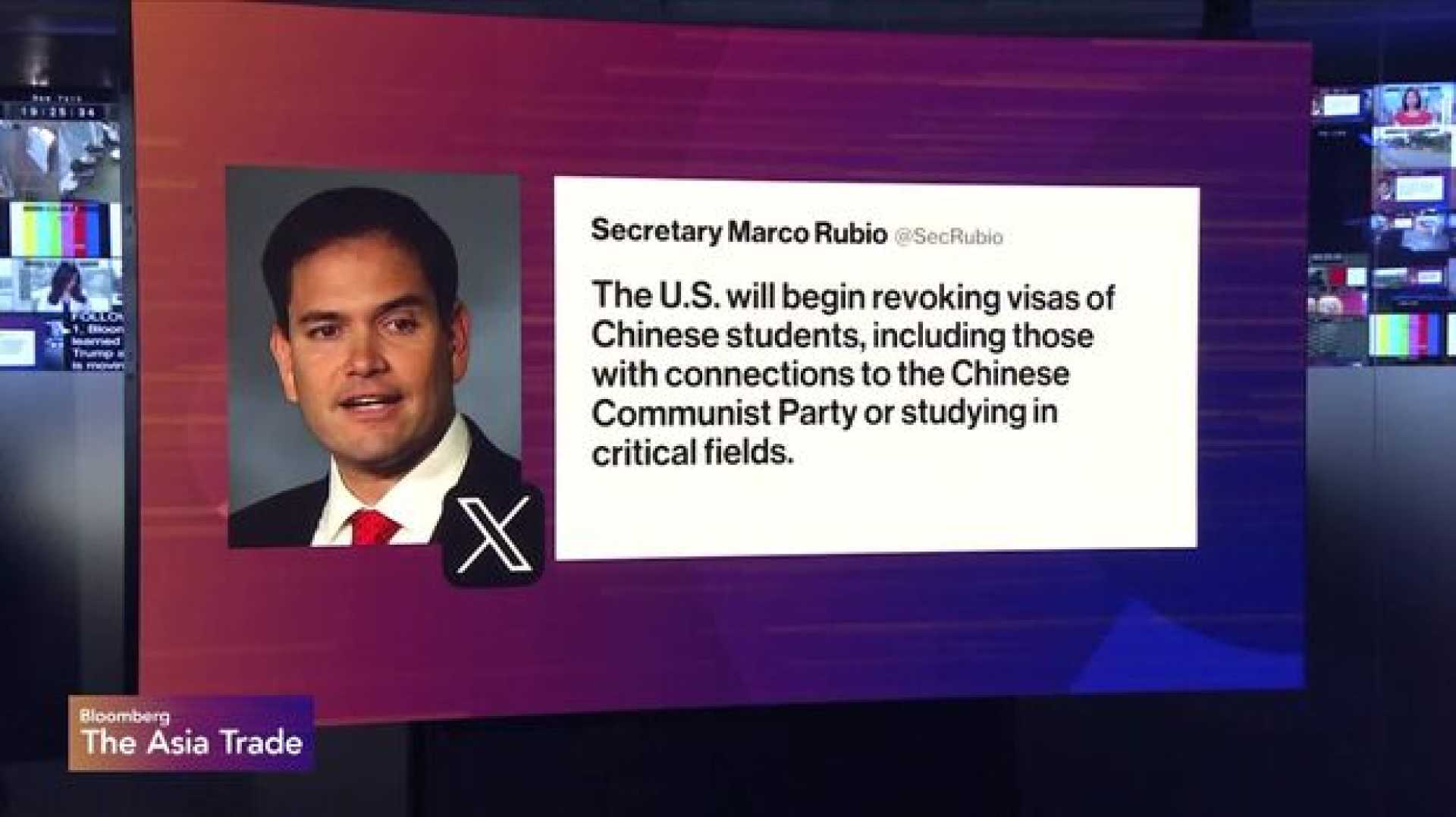Education
Trump Administration’s Visa Changes Target Chinese Students Amid Rising Tensions

WASHINGTON, D.C. — The Trump administration announced significant changes to visa policies affecting international students, particularly targeting those from China. Secretary of State Marco Rubio confirmed on Wednesday that the State Department will begin revoking visas for Chinese students, focusing on individuals with ties to the Chinese Communist Party.
This policy is part of the administration’s renewed efforts to address what it perceives as national security threats posed by certain foreign student populations. Nearly 280,000 Chinese students enrolled in U.S. institutions during the 2023-24 academic year, constituting about a quarter of the total international student population.
Critics warn that these recent developments could drastically reduce the number of Chinese students entering American higher education. Institutions that rely on the revenue generated by these students may face significant financial challenges if enrollment declines. “We’re shooting ourselves in the foot,” said William Brustein, a retired international student administrator.
The decision to heighten scrutiny over visa applications comes as the administration pauses new visa interviews for foreign students, further complicating the already challenging process for international applicants. A State Department spokesperson did not provide clarity on the specifics of the targeted fields or the criteria for the new visa scrutiny.
As tensions between the U.S. and China escalate, many prospective students like Xiao Chen express uncertainty. Chen, who recently had her visa application denied without explanation, stated, “I feel like a drifting duckweed tossed in wind and storm,” reflecting the anxiety many feel about their futures in the U.S.
Amid these changes, higher education advocates are raising alarms about potential violations of academic freedom and free expression. Jonathan Friedman from PEN America criticized the policy, stating it “holds student visas hostage to an ideological litmus test.”
Experts in higher education fear that the far-reaching implications of these policies could diminish the U.S.’s role as a hub for international education and research. With Chinese students significantly contributing to STEM fields and innovation, any adverse impact on their enrollment may also affect the capacity for scientific discovery in the U.S.
Many educators and officials agree that the relationship between American institutions and Chinese students has historically been beneficial, fostering both academic and cultural exchanges. “Colleges will miss out on a lot of revenue,” Marjorie Hass, president of the Council of Independent Colleges, said, emphasizing how reductions in enrollment could particularly harm regional public universities dependent on tuition from international students.
The future remains uncertain for thousands of Chinese students aspiring to study in the U.S. As the Trump administration pushes back against what it views as threats, the landscape for international education in America may undergo profound changes, potentially impacting its reputation and global standing.












